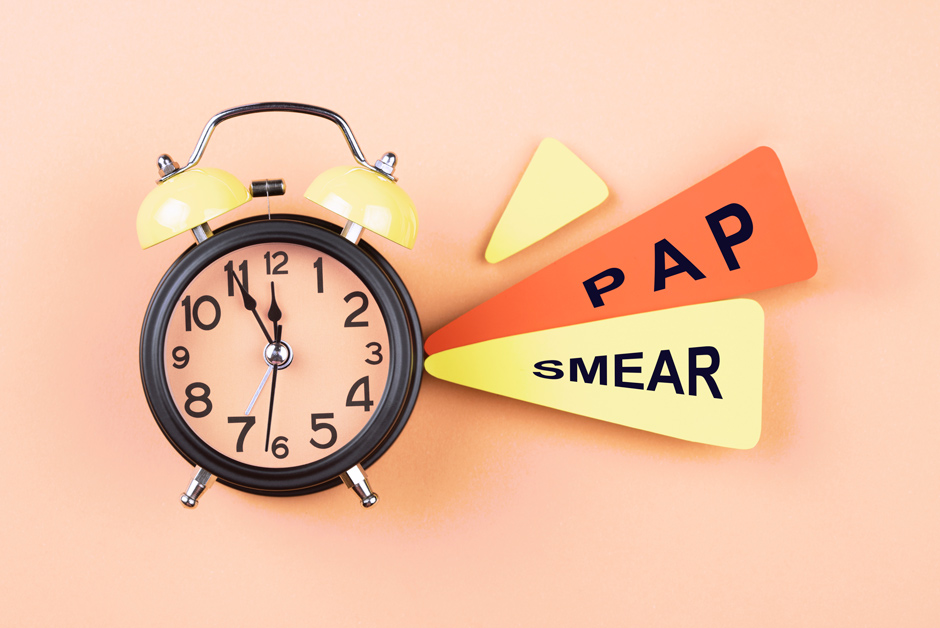Burning or stinging in your pubic region, of any kind, can be alarming. Instantly, your mind may conjure up the worst scenarios when, in fact, the cause could be something relatively harmless. To put your mind at ease, we have listed seven reasons why you may feel a burning or stinging sensation in your vagina following sexual intercourse, and how it can be soothed or treated.
1. Rough Sex
It can be easy to get carried away if you’re enjoying it, but sex that is slightly rougher than normal, or that goes on for longer than it usually would, may leave you with a burning feeling. This is caused by friction inside the vagina, and should disappear within a few days. However, during this time, it is best to use a barrier method during sex as tiny tears in your vagina will make you more susceptible to infections. If you find that this happens often, try using more lubricant during sex to prevent further injury.
2. Vaginismus
Vaginismus is a condition which causes the muscles in the vagina to contract, making penetration difficult, uncomfortable and sometimes painful. Unfortunately, no one knows what causes vaginismus; however, Botox has been found to treat the condition effectively, allowing for comfortable penetration.
3. Urinary Tract Infection (UTI)
Anyone who has had a UTI knows how painful and irritating it can feel, but adding sex to this equation can make things even worse. UTIs cause inflammation around the lower urinary tract, and penetration can trigger a burning feeling in this inflamed area. UTIs are easily treated with antibiotics, so you may prefer to wait until the infection has cleared up before you try to have sex again. UTIs are not considered to be contagious, so it is unlikely that you can pass one onto your partner through sex.
4. Bacterial Vaginosis (BV)
One of the key symptoms of bacterial vaginosis is fishy-smelling discharge, especially after sex. However, it has also been known to cause soreness and burning after penetration. Sometimes, BV can go away on its own, but if you don’t want to wait (or if you want to make sure the condition is treated), you can obtain antibiotics. BV is a common condition for women, but many people are unaware that it can be contagious; therefore, if you find that you keep on contracting BV, it may be time for your partner to get diagnosed, too.
5. Sexually Transmitted Infections (STIs)
There are several common STIs which could cause a burning feeling after sex, including chlamydia, gonorrhea, herpes and trichomoniasis. STIs are extremely common, with one being diagnosed every four minutes in the UK; however, they are easy to diagnose with a sexual health screen, and most can be easily treated with antibiotics. If you have an STI, it is important to alert recent sexual partners (some sexual health clinics offer this as an anonymous service), and use a barrier method or practice abstinence until your treatment is complete.
6. Pelvic Inflammatory Disease (PID)
PID is a condition that commonly affects sexually active women aged 15 to 24, and is characterised as an infection of the uterus, fallopian tubes and ovaries. For many women, PID does not cause symptoms, but some may experience heavy or painful periods, pain in the lower abdomen, and a burning feeling after sex. If diagnosed early, PID can be easily treated with antibiotics.
7. Vulvodynia
Vulvodynia is a newly recognised condition that is identified by unexplained pain around the vaginal opening that lasts longer than three months. The pain can sometimes be described as a sharp, stabbing pain, while some say it feels more like burning. This sensation can make sex feel painful or uncomfortable. While there is currently no treatment for vulvodynia, you may apply topical ointments, take painkillers or undergo physiotherapy to help relieve the pain.
Get Help For Stinging Sensation In The Vagina
If you are experiencing burning in your vagina after having sex, it is important to visit a gynaecologist as soon as possible to seek a diagnosis and treatment. Most of the conditions that we have listed above can be easily treated, especially if diagnosed early, so there should be no need for you to panic.
For an appointment with a conveniently-located, expert gynaecologist in London, book online with The Gynae Centre today or call 020 7580 8090.






